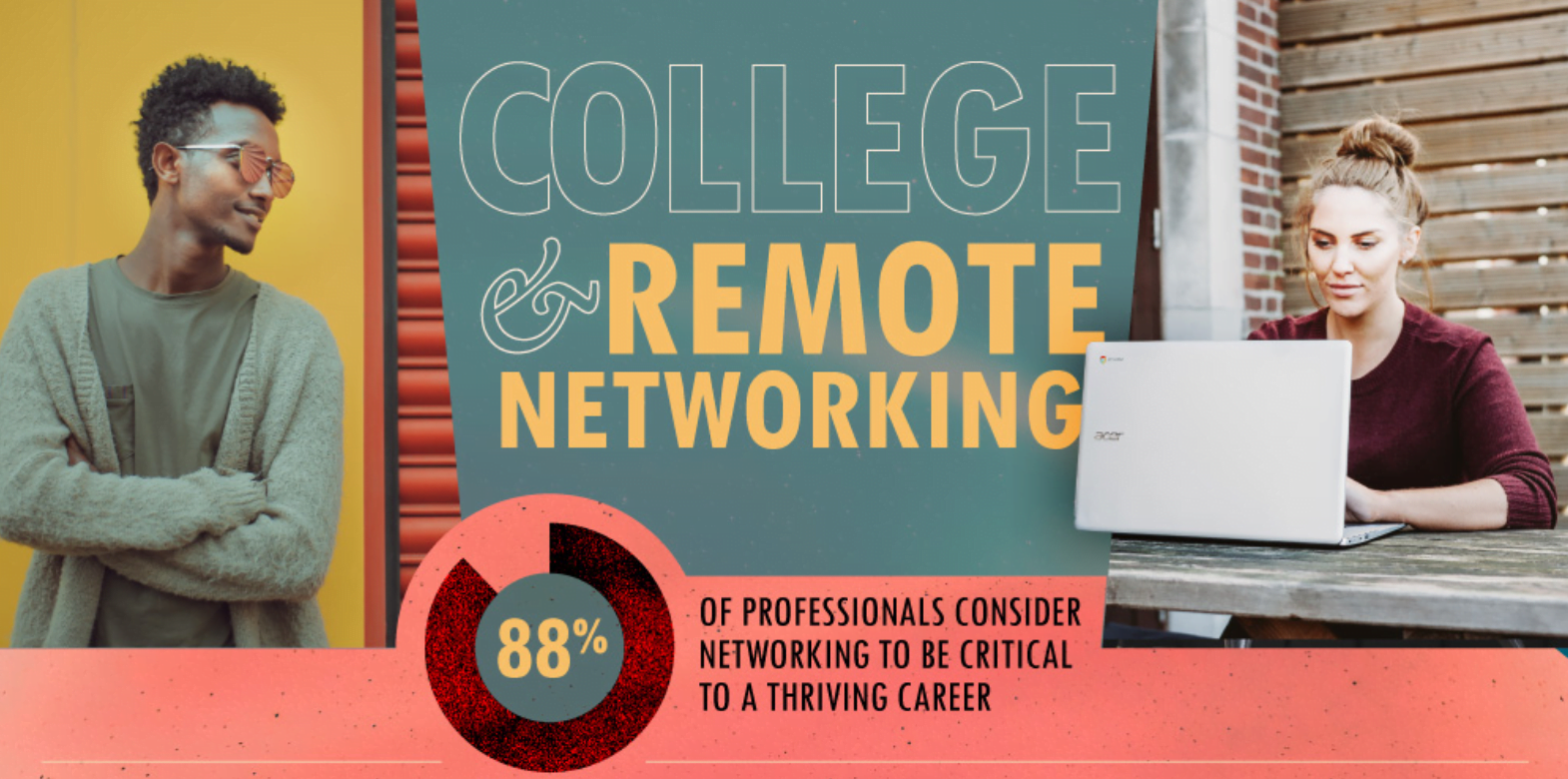Networking is an important part of building a career, and it’s supposed to start when you are still in school. But what happens to the students who aren’t able to attend in-person classes? Fortunately there are some creative ways to continue to network with your peers even when you can’t see them face-to-face.
Q2 2020 hedge fund letters, conferences and more
Leveraging Your Network
Networking opens doors to professional opportunities, and the people you graduate with are going to be your cohort of colleagues throughout the remainder of your career. Leveraging your network can mean finding job opportunities, growing in your career, and always knowing who to call when you need a specific type of service or expertise.
Greek organizations are often where leadership is practiced, and in fact 85% of Fortune 500 members are fraternity members. Greek students are happier and more engaged at work, but what happens when traditional college activities are sidelined because of a pandemic?
There are still ways to interact with peers in a safe manner. Masks and social distancing can mean in-person events, though it gets more difficult when food and beverage is involved. Some universities are going out of their way to promote safer events, which give students the chance to socialize with their peers in a safe way.
There are also virtual events happening at campuses across the country and around the world. These are meetups where students can get to know their peers, something that is especially important for incoming freshmen who might not know anybody at their new school.
Leveraging every opportunity available to build a network can help students make the most of this difficult period of time in their lives. The pandemic doesn’t have to derail education or networking if the right opportunities are available.
Taking Advantage Of Remote College
Reaching out to peers with the understanding that everyone is having similar struggles is an important first step. If a university doesn’t offer virtual opportunities to meet up with peers, take the initiative and set them up. Facebook groups are a great start and can be specific to majors, extracurriculars, classes, and more.
LinkedIn is a valuable tool for classmates and anyone a student works with directly. Adding classmates to a Linkedin network gives students something to build on while also giving them a way to keep track of their peers throughout their careers.
While social opportunities are slow, take the time to build out all the sections of your LinkedIn profile so you can leverage all the virtual networking you have been doing throughout the pandemic to find internships and job opportunities later on.
Learn more about virtual networking during remote college learning below.







